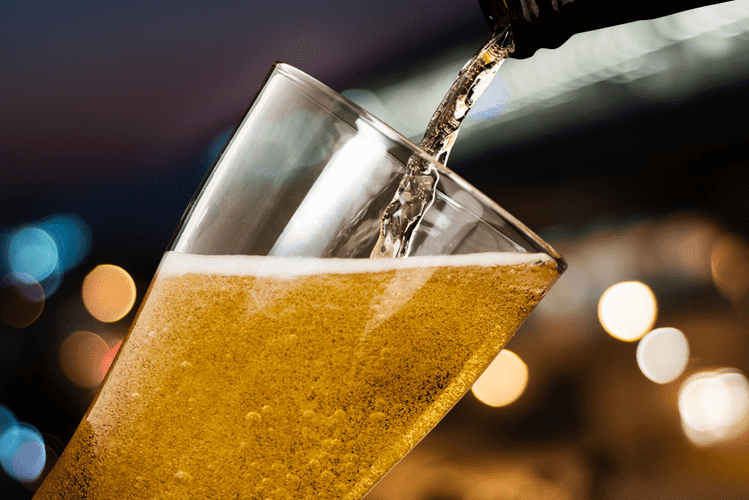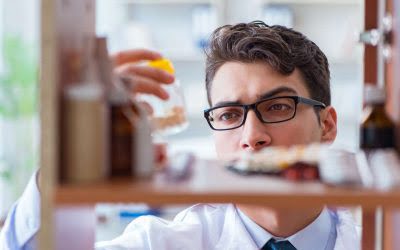Drug addiction, or substance use disorder (SUD), is when someone continues using a drug despite harmful consequences to their daily functioning, relationships, or health. Using drugs can change brain structure and functioning, particularly https://puafo.com/category/medicines/better-health/page/2 in areas involved in reward, stress, and self-control. These changes make it harder for people to stop using even when they really want to. The first step in overcoming addiction involves deciding to make a change.
Ohio Integrative Physical Therapy and Wellness takes a holistic approach to healing
- Several internal and external factors can trigger relapse among individuals in recovery from addiction.
- As seen in Verywell, Healthline, Psych Central, Everyday Health, and Health.com, among others.
- If you or a loved one is ready to take action and start the drug and alcohol recovery process, you’ve already started the stages of change and may be looking for treatment options.
- After discussion with you, your health care provider may recommend medicine as part of your treatment for opioid addiction.
- Once you are clear on your goal, you may still need to prepare to change.
- Overcoming an SUD is not as simple as resisting the temptation to take drugs.
Of course, for people steeped in traditional abstinence-oriented recovery, CRA’s “any positive change” definition can be challenging. In the 12-step world, members who have maintained continuous abstinence for many years are revered—the longer their time away from alcohol and other drugs, the higher their status tends to be. Granting the status of “recovering” to those who have not quit entirely http://eaward.ru/grecij/b3843/ seems unfair from this perspective. This stage of change can present new challenges as a person navigates life after treatment or without the regular support they may have had previously. Participating in aftercare programs can be a beneficial way to maintain sobriety and continue the process of recovery. Many people don’t understand why or how other people become addicted to drugs.
Build a meaningful drug-free life

For some individuals, medication-assisted treatment can help maintain sobriety. Medications can reduce cravings and block the effects of drugs, making relapse less likely. Making positive lifestyle changes can significantly reduce the risk of relapse. This includes developing healthy routines, engaging in physical activity, and finding new hobbies.
Rigid rules at methadone clinics are jeopardizing patients’ path to recovery from opioid addiction
Having goals to work toward and something to look forward to can be powerful antidotes to drug addiction. It doesn’t matter what the goals are, just that they are important to you. Be upfront about your history of drug use when seeking medical treatment. If you need a medical or dental procedure done, be upfront and find a provider who will work with you in either prescribing alternatives or the absolute minimum medication necessary.

Spirituality, Service, and Addiction Treatment

Recovery from addiction is not a linear process, and increasingly, relapse is seen as an opportunity for learning. Such triggers are especially potent in the first 90 days of recovery, when most relapse occurs, before the brain http://simonstonehall.com/wordpress/giftcards/ has had time to relearn to respond to other rewards and rewire itself to do so. Learning what one’s triggers are and acquiring an array of techniques for dealing with them should be essential components of any recovery program.
- Because recovery involves growth, families need to learn and practice new patterns of interaction.
- These medications help manage opioid addiction by reducing cravings and withdrawal symptoms.
- Medicines don’t cure your opioid addiction, but they can help in your recovery.
- It’s difficult to recover from prescription drug addiction alone.
- Reoccurrence of use may happen to people who use drugs and can happen even years after not taking the substance.
- If you were addicted to a prescription drug, such as an opioid painkiller, you may need to talk to your doctor about finding alternate ways to manage pain.
- As a result, patients are able to handle stressful situations and various triggers that might cause another relapse.
I would have more time to spend with people I care about.

